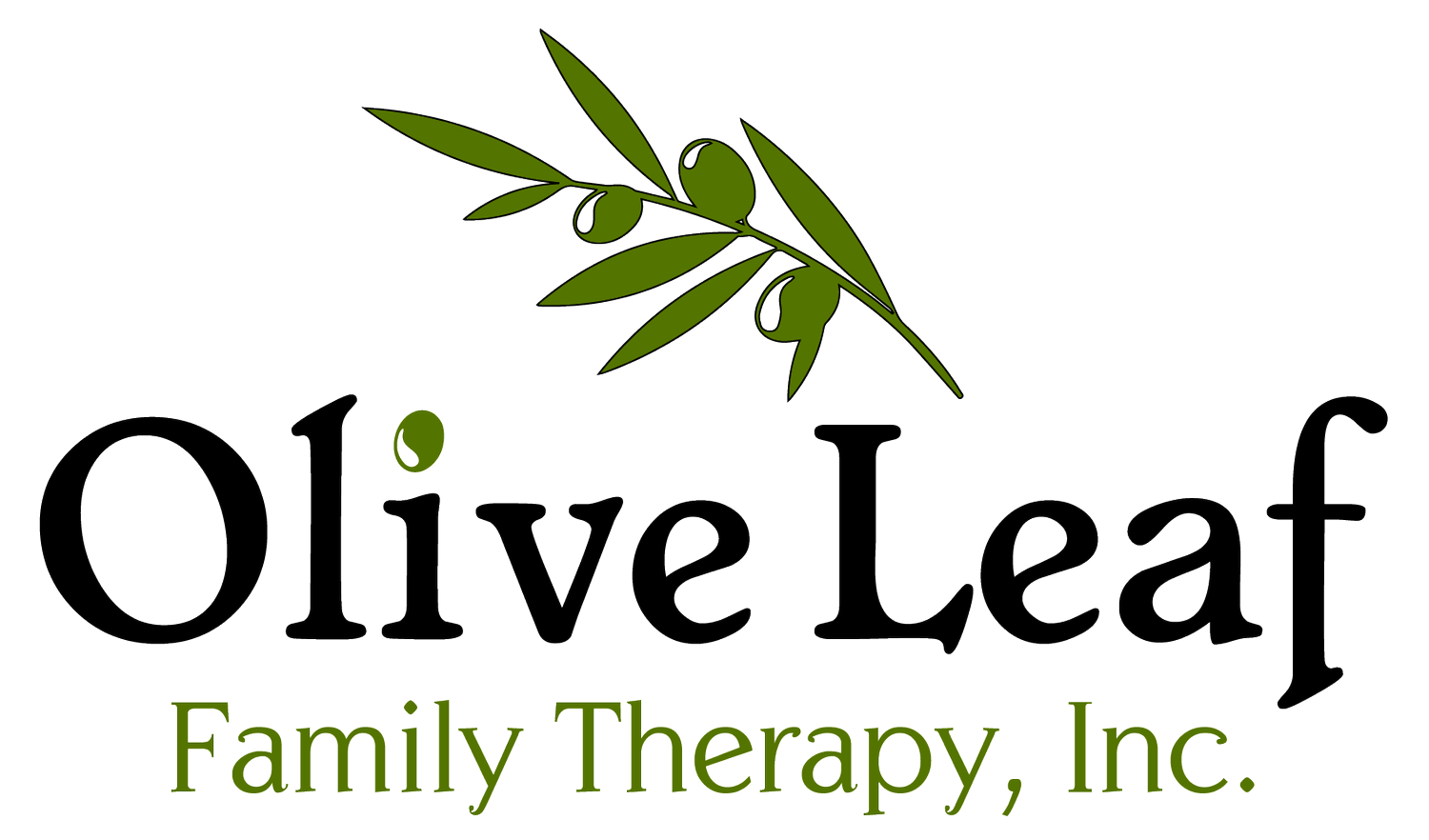Enhancing Interpersonal Communication Skills: A Guide for Effective Relationships
Whether it's in personal or professional settings, mastering the art of communication is essential for fostering understanding, resolving conflicts, and building trust. Below you will explore beneficial practices to enhance communication skills and provide practical strategies for improving interpersonal relationships. You will be given specific information below on behaviors skills to guide change. Please use the link below or search any of the skill names below on YouTube for Dialectical Behavior Therapy (DBT) exercises and skills training videos.
1. Effective Communication Skills
Effective communication is the foundation of successful relationships. It involves expressing oneself clearly and actively listening to others. One valuable approach to improving communication skills is through DBT-based learning. DBT teaches individuals how to express their thoughts and feelings with assertiveness while remaining respectful of others. By incorporating DBT skills such as "DEAR MAN" (Describe, Express, Assert, Reinforce, Mindful, Appear Confident, Negotiate) and "FAST" (Fair, Apologies, Stick to values, Truthful), you can enhance your ability to communicate effectively and assertively.
2. Active Listening Techniques
Active listening is a crucial aspect of effective communication. It involves fully engaging with the speaker, understanding their perspective, and responding appropriately. DBT skills like "Wise Mind" and "One-Mindfully" can help you practice active listening. By focusing your attention on the speaker, avoiding distractions, and validating their emotions, you can create a safe and supportive space for open dialogue.
3. Conflict Resolution Strategies
Conflicts are inevitable in any relationship. However, how we handle conflicts can make a significant difference in the outcome. DBT skills such as "GIVE" (Gentle, Interested, Validate, Easy manner) and "DEAR MAN" can be applied to resolve conflicts effectively. These skills emphasize the importance of staying calm, expressing your needs assertively, and actively listening to the other person's perspective.
4. Building Rapport
Building rapport is essential for establishing trust and connection in relationships. DBT skills like "Building Mastery" and "Building Positive Experiences" can help you build rapport by focusing on shared interests, engaging in activities together, and showing genuine interest in the other person's experiences. Building rapport creates a foundation of trust and strengthens the bond between individuals.
5. Expressing Empathy
Expressing empathy is crucial for understanding and validating the emotions of others. DBT skills such as "Radical Acceptance" and "Mindfulness" can help you develop empathy by encouraging non-judgmental and compassionate listening skills. By acknowledging and validating another person's emotions, you can create a supportive environment for effective communication. The goal is to establish a connection to perpetuate communication.
6. Non-Verbal Communication
Non-verbal communication plays a significant role in conveying messages beyond words. DBT skills such as "Observing Breath" and "Observing Sensations" can help you become more aware of your non-verbal cues and interpret others' body language accurately. By paying attention to gestures, facial expressions, and tone of voice, you can enhance your ability to understand and respond effectively to non-verbal cues. These external signals can be really beneficial to communication. However, take a perspective of curiosity towards one’s nonverbals during communications instead of simply labeling, assigning, or assuming. This will help keep the conversation open and hopefully keep the walls down when communicating.
7. Feedback Methods
Providing and receiving feedback is essential for personal and professional growth. DBT skills such as "Radical Openness" and "Effectiveness" can help you give and receive feedback constructively. By maintaining an open mind, actively listening to feedback, and responding with empathy, you can create a supportive environment for growth and development. This skill can be difficult at times. Remember that feedback is healthy for growth. Although, it is okay to set boundaries comments.
8. Enhancing Dialogue
Dialogue is the heart of effective communication. DBT skills like "Interpersonal Effectiveness" and "Validation" can help you enhance dialogue by fostering mutual understanding and respect. By using validation techniques, active listening, and assertive communication, you can create meaningful and productive conversations. Try validating yourself and your own feelings and experiences. This skill takes practice, and this is a great way to improve overall confidence in yourself to help communication with others.
9. Resolving Misunderstandings
Misunderstandings can hinder effective communication and strain relationships. DBT skills such as "Checking the Facts" and "Problem-Solving" can help you resolve misunderstandings by clarifying information, seeking common ground, and finding mutually beneficial solutions. By approaching misunderstandings with an open mind and a problem-solving mindset, you can prevent conflicts and promote understanding.
10. Trust Building in Relationships
Trust is the bedrock of strong relationships. DBT skills like "Building Mastery" and "Building Positive Experiences" can help you build trust by fostering reliability, consistency, and open communication. By demonstrating trustworthiness, being transparent, and honoring commitments, you can cultivate trust and strengthen your relationships.
Conclusion
Improving interpersonal communication skills is a lifelong journey that requires practice, patience, and a willingness to learn. By incorporating DBT skills into your daily interactions, you can enhance your communication abilities, resolve conflicts effectively, and build meaningful connections with others. Remember, effective communication is the key to healthier and more fulfilling relationships. Start implementing these beneficial practices today and witness the positive impact they can have on your interpersonal interactions. If you enjoy these skills, continue to explore the website and other DBT materials.

